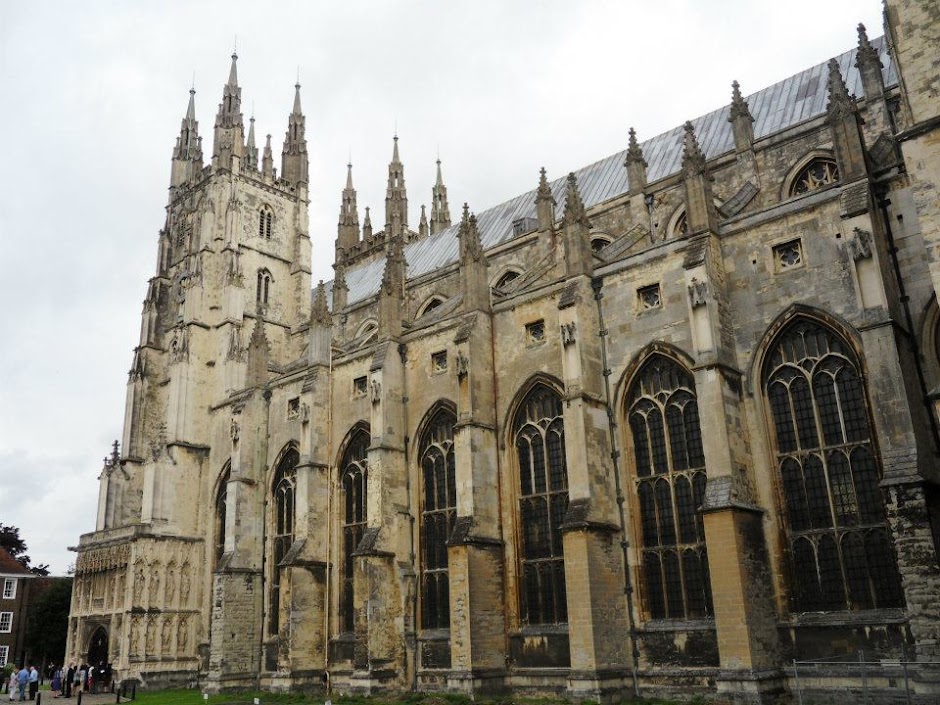English is such a convenient language. English speakers either borrow more precise words from other languages or, as Shakespeare did, invent new ones, which is really the only solution in an age of technological and scientific advancement. One word, however, that I have found quite useful is the ancient Gaelic word for health, used in the way one might hold up a pint and say cheers! That lovely word is slainte, (pronounced slawn cha). To the Irish and the Scots, this word means so much more than cheers. They drink to life, health, good luck, and absent friends, and they've been carrying on this tradition for centuries. Their ancestors would have said it, sitting in an inn or a pub evenings, going through the same motions--raising their glasses and declaring slainte!
I am privileged to bear the Irish name O'Connor, but in truth my matriarchal ancestor Mary Morgan was from Dublin, and the last of the family Irish from the old country, my Uncle Paddy, was a fisherman on the Gulf Coast of Mississippi. So I feel a keen sense of entitlement in writing about such an important Irish tradition and the word that defines it.
When my younger daughter Rachel was in high school, she was infatuated with all things Irish--Irish dancing, Irish traditions and food, the Irish language, Ireland's long and painful history, Irish literature and film, and the beautiful green countryside itself. She became an award-winning Irish dancer traveling to as many competitions as time would permit. Naturally her pen pals lived in Ireland. For Rachel's high school graduation, my daughter Kate joined Rachel and me to fly to Ireland for ten days, traveling a circuitous route from Dublin to Cork, Killarney, Galway, Connemara, Clifden, and the Aran Islands--Inishmore and the ancient fort Dun Aonghusa, and back to Dublin for the trip home. Rachel's pen pal Eoghan traveled with us as the perfect guide to his country. And it was here that I first heard the word slainte.
That was twenty years ago this summer. But two years ago my sister Sarah and I returned to Ireland with slainte on the tips of our tongues. Most of our time was spent in a farmhouse B&B in Castlemain, gateway to the Dingle Peninsula, but we made a trip back into Killarney for some Irish music and Guinness and a salute to good heath with slainte! It worked, too, because Sarah and I both agreed it was definitely a life changing trip.
Slainte is still an important part of my working vocabulary. Besides gardening, I love to cook, and every evening as the sun goes down on another day and I am preparing dinner for Patrick and me, I pour just a couple of ounces of Pino, walk to the garden and say slainte! Health to a garden that has suffered a devastating freeze, and yet I say this greeting to my life, my family and friends and all the critters that grace our garden every day. And to you I say slainte, dear friends! And Dia dhuit, (dia gwitch) God be with you all the days of your life.












